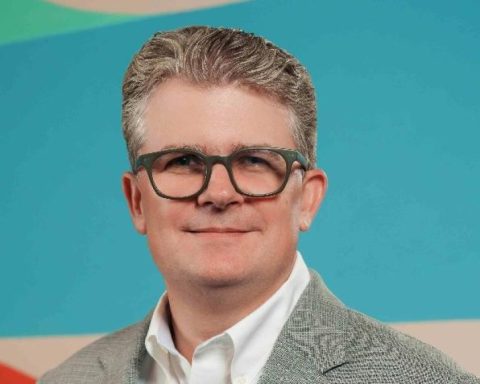In the National System of Researchers, only 38.2% are women: Álvarez-Buylla
Laura Poy Solano
Newspaper La Jornada
Saturday February 12, 2022, p. eleven
Gender roles, stereotypes and the reproduction of patriarchal models mean that girls and women face more obstacles and barriers to their development in the scientific and technological fields, said Elena Álvarez-Buylla Roces, general director of the National Council for Science and Technology ( Conacyt).
On the International Day of Women and Girls in Science, celebrated yesterday, she highlighted that only 38.2 percent of the members of the National System of Researchers are women, a figure that falls to less than 20 percent at the highest recognition levels, as an emeritus researcher.
The agency also reported that the wording of article 24 of the scholarship regulations in section IV will be modified, which indicates the grounds for the suspension of support, which at no time was sought to reduce or restrict it due to pregnancy. On the contrary, the article provides that they may choose to suspend the scholarship, if they consider it necessary, during pregnancy, childbirth or the puerperium, reported María José Rhi-Sausi Garavito, deputy director of scientific development at Conacyt.
He added that derived from the controversy generated by the interpretation of the article, the numeral will be modified to indicate that this prerogative is granted at the express request of the scholarship holders
.
In the virtual seminar, Álvarez-Buylla highlighted that although there are more and more women developing in the fields of science and technology, We are still a long way from achieving gender parity, as they continue to face high doses of violence and exclusion that slow down their scientific and technological vocations
which is reflected both in their admission to these careers and in their assignment to positions of responsibility.
Nadine Gasman, head of the National Institute for Women, stressed that girls they tend to believe at very early ages, six and seven years old, that they are not intelligent enough to carry out certain activities, and when they grow up only three out of 10 choose careers in natural, exact and computer sciences
but only 12 percent of those who graduate become employers.
















